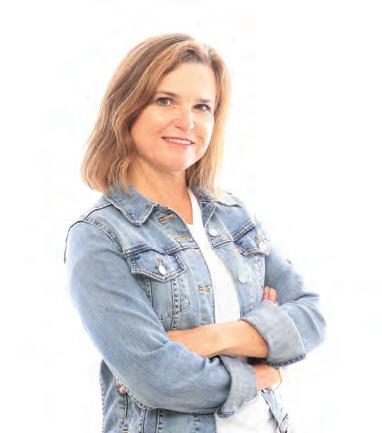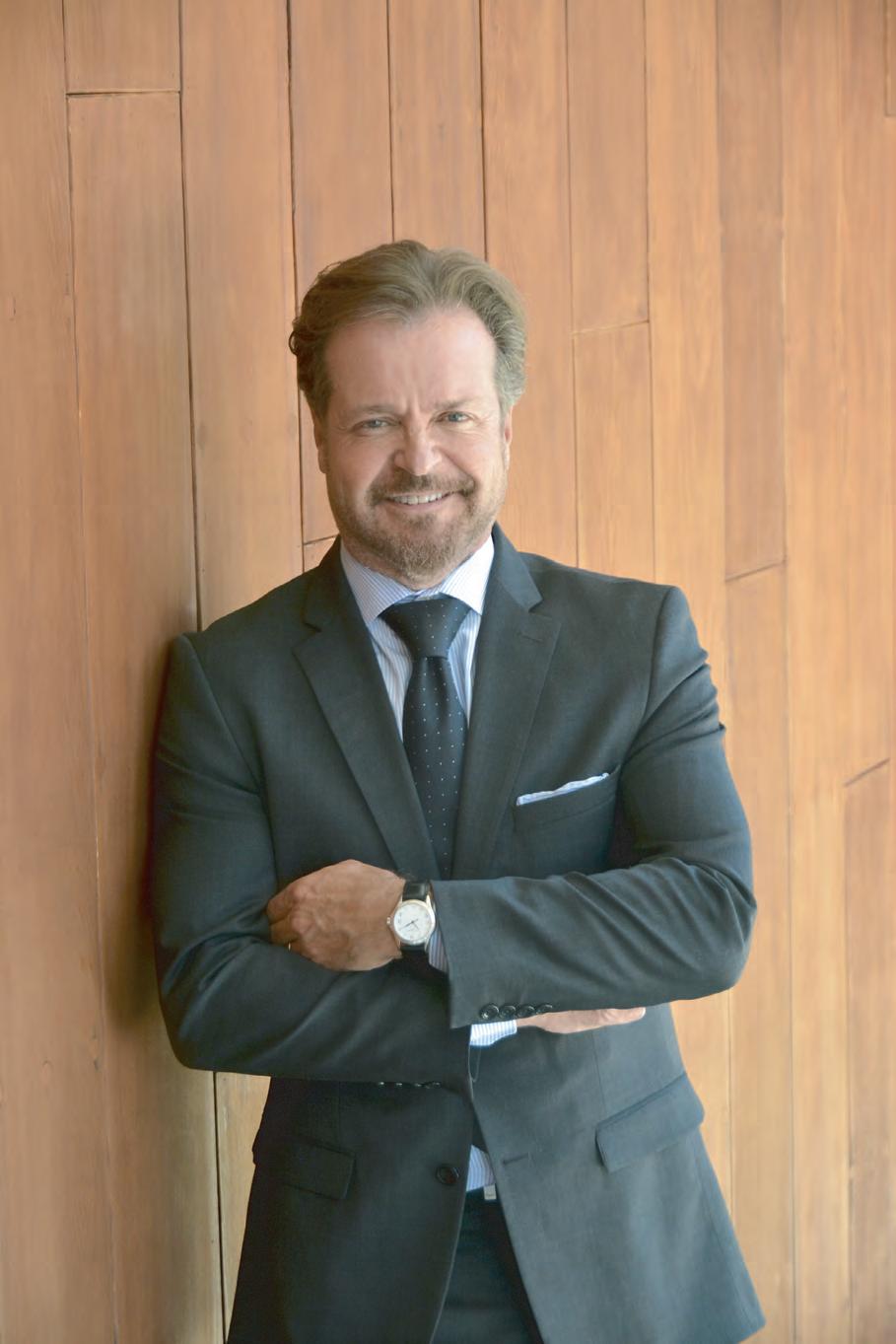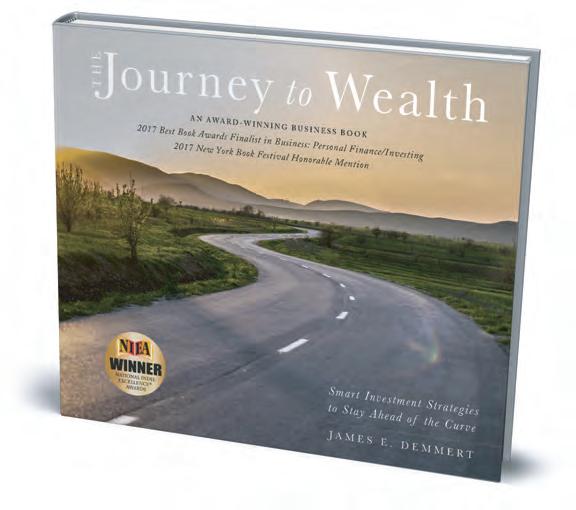
3 minute read
Editor’s Note
Science is pushing the limits of what can be done with your DNA, but is everyone ready for that?
AS WITH MANY pieces that find their way into our pages, this month’s first-person article by Adrian Jones started with an introductory email from a friend. “You’ve got to hear Adrian’s story,” he wrote.
Usually these “amazing” stories have to do with someone starting a business they want readers to know about. In this case, though, no new product was being pitched. Jones just wanted to share a magical account of life-altering chance and coincidence. Within a month of getting in touch, he was sitting in our office, regaling us with his tale. Little by little, staffers gathered around to hear: about how Jones, adopted at birth, was spurred by a health crisis to look for his birth parents, who turned up closer to home than he ever would have guessed. As he finished, advertising director Michele Johnson gave him a hug, and he and senior account manager Leah Bronson bonded over their connection with Marin Catholic school.
Personally, I was stunned. The day before Jones came by, a close friend told me that during a search of ancestry.com for something involving her husband, a message popped up saying her nearest biological relative, a sister, was in Philadelphia. My friend, who was adopted, had not expected to learn of this sibling and her whereabouts.
This wasn’t welcome news. My friend hadn’t been looking for her birth parents and was caught off-guard by these direct messages flooding her ancestry.com account. An East Coast family had been looking for her for decades. Again, not information she’d set out to find. She’d sent in a vial of spit for a metabolism test, and the findings had led her to this group of strangers.
Soon after though, a faded sepia photo of a long-legged teen at Coney Island in the ’40s changed her mind. Compared to her adoptive family, my friend’s thin figure had always stood out. Her own biological daughter inherited her slim build, and now she could see the hereditary connection. It wasn’t just the similar physique that freaked her out, but the posture: the kid in the photo stood just the way she had as a teen.
Last year, I too jumped into the DNA discovery pool and found out that instead of being one-quarter Slavic, one-quarter German and the rest English/Irish as I’d believed, I had a much more interesting ancestral tree. Somehow, 6 percent of my DNA comes from Central Asia. I do love all Asian food … I thought back to that “Y-chromosome lineage” study years ago that linked a share of the world’s population to invaders like Genghis Khan. My daughter joked that this would explain my house-cleaning tirades. I was also thrilled to learn that 16 percent of my gene pool points to the Italian island of Sardinia. The DNA kit I used gives dietary information based on genetics — for instance, my ancestors were more gatherers than hunters, so I metabolize grains better than I do meats. I also have an unusually high tolerance for alcohol and caffeine. Science is so interesting when it’s about me.
Jones’ article pairs perfectly with Kasia Pawlowska’s feature story on advances in DNA profiling. In her article, I learned how scientific breakthroughs in that field have raised privacy issues not unlike those my friend had to face. I also discovered the information from those tiny little spit vials is actually stored and owned by these companies and could be employed in a variety of ways. While Facebook is guilty of mining our political views and buying habits and possibly revealing our bad partying decisions to future employers, companies like ancestry.com and 23andMe could actually link you to a crime, indirectly at least. I urge you to read “Cracking Your Code” and “Full Circle” for a better understanding of just how your intimate information can be used and what the consequences, good or bad, could be.
Mimi Towle, Editor





